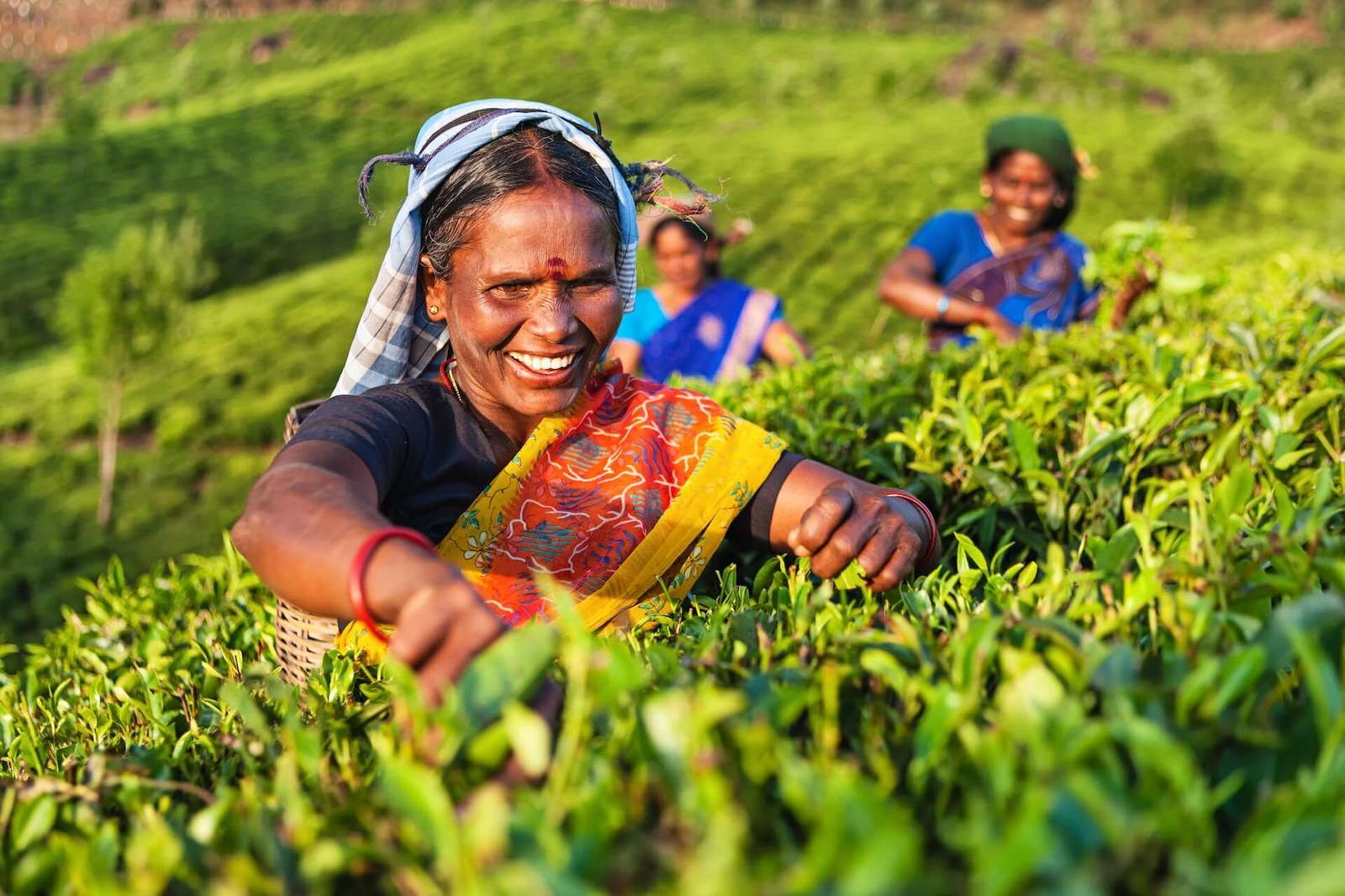G20 in Manaus: international indigenous peoples and traditional communities as part of the bioeconomy agenda
From the perspective of socio-bioeconomics, a concept that uses the prefix 'socio' to highlight the way in which the peoples of the waters, forests and countryside work, on Tuesday (18) delegates from the Initiative exchanged experiences and discussed future actions. Australia and Canada presented national actions.

Amazonas, the Brazilian state that harbors the majority of the country's indigenous people—data from the Brazilian Institute of Geography and Statistics (Instituto Brasileiro de Geografia e Estatística/IBGE) show that 29% of this population lives in the territory of Amazonas, in the Amazon Rainforest—is hosting the third technical meeting of the G20 Bioeconomy Initiative. Debating indigenous dynamics and traditional communities is no longer limited to the local scene. In the context of a diverse forum, which between member countries, European Union and African Union member countries and other guests, totals around one hundred nations, the contributions of indigenous peoples from all over the world to the development of the concept of bioeconomy are on the agenda, with Tuesday (18) reserved for the topic.
This is a daring debate, considering the G20 in its traditional sense, but it is fundamental to reaching the concept of Bioeconomy, which unites the Sherpa and Finance tracks, as proposed by the Brazilian presidency. "Starting the debate from this is fundamental, because it will unfold in different forums that the G20 can influence. This construction is very interesting, because this is not just an experience for Brasil, but also for other countries in the Amazon, the rainforest countries, so many countries and their traditional communities, which with other types of relationship add to this fundamental topic for a sense of development that respects these peoples," stated Carina Pimenta, Secretary of Bioeconomy at the Brazilian Ministry of the Environment and Climate Change (Ministério do Meio Ambiente e Mudança Climática do Brasil/MMA).
Luciane Lima, an indigenous member of the Tariana people representing the Federation of Indigenous Organizations of Rio Negro (Federação das Organizações Indígenas do Rio Negro/FOIRN), gave the indigenous perspective on the initiative. "At these venues, we can speak for ourselves, show our work, our experience, our autonomy in managing our projects, that we are capable of moving in all possible spheres, so that we can make our initiatives sustainable alternatives for our communities," highlighted Luciane, who also stressed the need for developed countries to commit to funding projects along these lines.
FOIRN serves around 118 communities in Rio Negro, with more than 700 people involved in production processes, 64% of whom are women.
Indigenous people at the G20
Concerning native peoples in other countries, Australia and Canada shared experiences and proposals for advancing socio-bioeconomics on the international stage. Australia presented the work of the Indigenous Land and Sea Corporation (ILSC), an independent statutory authority of the Australian government created in 1995 to help indigenous peoples acquire and manage land for economic, environmental, social and cultural benefits. Since its creation, 6.2 million hectares have been reallocated to the Australia’s indigenous peoples.
The government of Canada, which constitutionally recognizes three groups as indigenous peoples (First Nations, Inuit and Métis), harbors, according to the 2021 national census, more than 1.8 million indigenous people. Since 1966, it has had a federal body to centralize indigenous demands. At the time, the Department for the Development of Indigenous Affairs and Northern Communities was established, which, despite its name, in all its versions has always been headed by a federal minister. In addition, above any other body, there is a government policy of reparation to indigenous peoples, based on the demands of these communities.
Economy, living well and sustainability
Both Carina and Luciane approached the topic from the angle of socio-bioeconomics, a concept that uses the prefix 'socio' to highlight the way in which the peoples of the waters, forests and countryside work in a way that is much more connected to cultural and existential issues than directly to the market and profit.
"It is an idea that brings a much more specific and special contour to bioeconomy, so Brasil puts indigenous and traditional peoples' activities on the same level as the different economic sectors that have traditionally discussed this issue," stated the MMA secretary.
"These are not our words, right, they are very non-indigenous, but since we have to adapt to have the opportunity to be in these places, 'socio' is our good living, it's our way of life, the traditional way of living within our indigenous lands," added the coordinator of FOIRN's Socio-Biodiversity Business Department, from an indigenous perspective.
The contribution of rural communities
With the diversity of the countries' historical, cultural and demographic contexts included in the meetings, the specificities of rural communities also made their way into the meetings. India, which chaired the G20 last year, the world's most populous nation according to United Nations (UN) estimates, is still mostly rural. Similarly, Africa, represented at the forum by the African Union, is mostly made up of rural populations and areas.
"Rural communities, especially family farmers, also have a lot of knowledge about managing biodiversity. They have historically developed principles of agroecology, agroforestry, productive backyards, the continuity of Creole seeds, so it is about understanding that they are a much broader scope of our rural environment, these different socio-cultural backgrounds of the populations," explained Carina Pimenta.
The debates on bioeconomy will run until Wednesday (19), coordinated by the Ministry of Foreign Affairs (Ministério de Relações Exteriores/MRE), when the meeting of the Climate and Environmental Sustainability Working Group (MMA) will also begin.